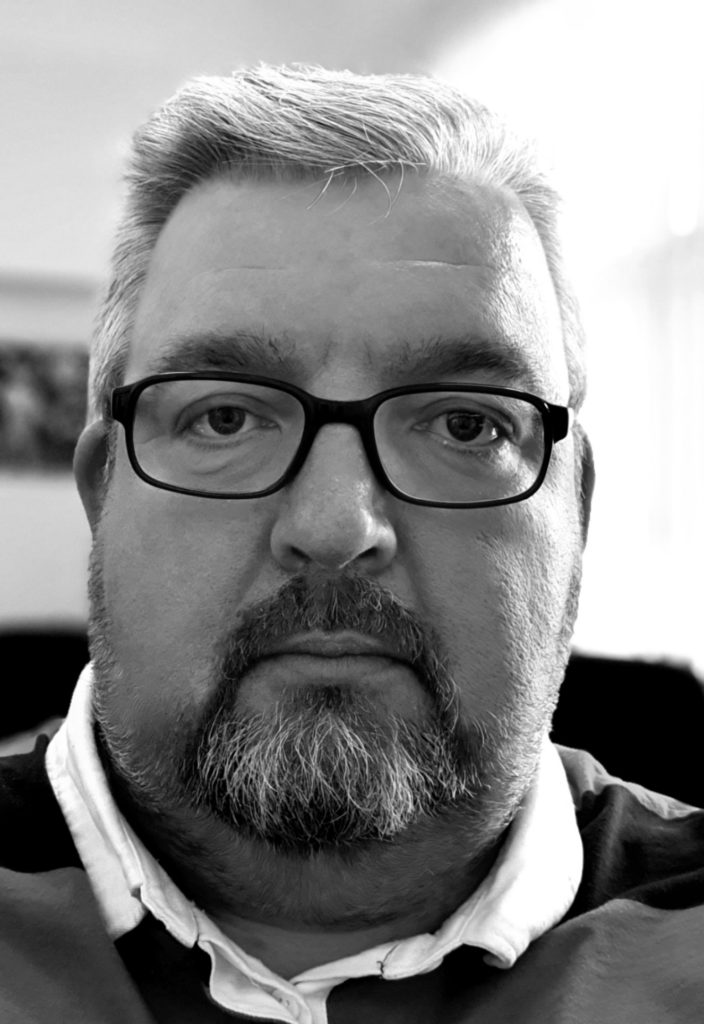Latvia’s Lotteries and Gambling Supervisory Inspection looks ahead

As the novel coronavirus (Covid-19) pandemic took hold, Latvia’s government made the controversial decision to close both online and land-based gambling as part of the country’s restrictions. Jānis Ungurs, director of the administrative department at Latvia’s Lotteries and Gambling Supervisory Inspection, speaks to Marese O’Hagan about unregulated gambling fears, the unique position of the Baltic states, and the future of gaming in Latvia.
Last month, land-based venues in Latvia were permitted to reopen after the country’s second Covid-19 lockdown. Although it may be too early to tell, how has this influenced Latvia’s economy? How do you believe the reopening will benefit the economy?
The place of gambling in the whole economy system is very hard to identify, and it’s hard to compare its influence to other markets. If we look at 2020- of course, land-based gambling was closed for almost a year, but it also received state support and state aid along with all business sectors. In 2020 the first lockdown was from March 22 to June 9, that was 80 days, then November 9 to December 31, which was 53 days. In that time, online gambling was banned from April 8 to June 9, that was 63 days. We had a Constitutional court case ruling last December, regarding how this law was unconstitutional. The land-based operation was banned correctly, and that was due to potential health issues, but now we will have a lot of court cases to prove losses. So this will be a very hard and long process.

In your opinion, why do you think the Latvian government decided to ban online gaming in addition to land-based gambling services at the beginning of the pandemic? Did you have concerns about unregulated gambling?
There’s a lot of research on the amount of illegal gambling in markets in Latvia- it’s 25%-35% of the market. At this point, we have blocked almost 2,000 illegal webpages. During the pandemic, this was our top priority.
The reason Parliament decided to also close the online operations was partly to protect people’s incomes and money during those hard times. If they were out of jobs, they didn’t need to spend additional money on gambling. We already have a very good base of 2,000 blocked webpages, so this pleases the top main league operators for sure. Of course, we understand that this is not 100% safe- if people want to access the illegal space, they can do that with technical and IT tools. But the state is setting up a structure. We had to ensure that there was no uptake in illegal gambling.
Could igaming have supported land-based gambling services during the lockdowns? Why or why not?
Historically, Latvian operators have been established as land-based operators. From the 2000s, slot machines and casinos have taken the biggest part of the whole gambling market, about 80% or 85%. There is a difference between land-based and online operations. Now, more operators operate in both sectors. It can be very hard for them to specify and choose which operation is more profitable, and has more potential for development in the future. The period we’re in now, it’s like a transition period to see what the future is for operators.
What unique challenges does Latvia’s gaming sector experience being part of the Baltics?
All three Baltics states see similar results. We also have a lot of operators operating in all 3 countries, like Olympic Casino. Our initiative is to try to connect all self-excluded persons registers in one common technical solution, so that players from Estonia can ban their participation on Latvian webpages and land-based casinos. Our challenge for next year is to become closer and be more protective and responsible for the players and society.
What do you feel could hinder Latvia’s market growth?
Regulation is at the base of everything. A few weeks ago, the government heard a political statement from ministers in the bureau about the development of the gambling sector from 2021-2027. That document will be the basis. I’ve seen significant changes in the law with operators and other institutions, about player protection and rights of local municipalities. These are the questions we foresee in the next five years. Also, for politicians, it is very hard to choose the correct perspective in this sector. What is a necessary protection level? What are the possible tools to prevent harm? How can the state help? We as a state can transcend these player protection issues and all the suspensions, economy, and all the elections. So this is really a great challenge for us in the next five years to prepare for this huge job. The reason is- our gambling law was enforced in 2006. It is too outdated, too “heavy”. It’s not business-orientated, and it’s very static and hard to use in these modern times.
What do you see for the future of gaming in the Baltics, and in Latvia specifically?
I think the online gambling, of course, will continue its victory march in the future- mobile technology and interactive products in all combinations. Of course that could change, as everything. Also concepts like in-person communications versus online, or meetings. But the pandemic- we’re not at the end. So we’ll see what the Autumn will bring to the world.
